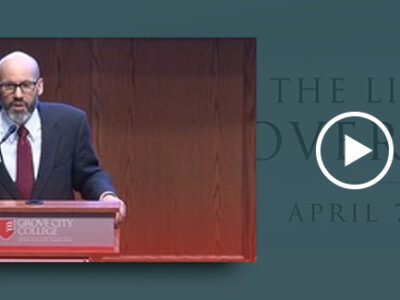When he became governor a few weeks ago, Ed Rendell announced that he was suddenly surprised by the unanticipated size of the state budget deficit. His administration insists that that gap must be closed. Now, in a likely related matter, the Pennsylvania Liquor Control Board has announced a sort of pilot project to open 61 state liquor stores across the Commonwealth on Sundays. After a couple of years of evaluation, the state will assess the results. The goal is obvious: revenue enhancement for state coffers.
Here’s a better idea. In fact, it’s a no-brainer: privatize the liquor stores.
Visitors to Pennsylvania are dumbfounded by these oddities that we call “state stores.” Only Pennsylvania and Utah are “total control” states when it comes to wine and spirits. Other states figured out some time ago that selling a bottle of wine is not a skill uniquely possessed by a government worker.
When the American founders said that the duty of government is to serve the people, they were not referring to booze. With that in mind, in 1997 Governor Tom Ridge unveiled a plan to privatize state stores.
There are 757 state liquor stores in Pennsylvania. The prices in these stores are usually more expensive for identical brands in neighboring states like Maryland and Delaware, often by 40 percent or more. Not driven by competition, many Pennsylvania stores offer a smaller selection as well.
Ridge’s plan would have auctioned these stores to private buyers in a long-term lease arrangement. His administration envisioned $600 million in proceeds over 10 years, beyond the $2.6 billion in taxes and profits already expected by the state-store system. Wine and spirits would not be sold in grocery and drug stores, convenience stores or beer distributorships.
The state unions responded to Ridge’s plan like a thirsty sailor cut off from the bar. Union representatives marshaled the troops. They called radio talk shows. They wrote letters to the editor. A litany of ensured calamities was predicted. We were told that people would die – literally. I heard one employee on a talk show claim that private liquor storeowners would offer samples of whiskey to drivers in parking lots to entice them to buy their products. When I asked about privatization when buying a bottle of wine at a state store in the South Hills, the clerk pulled out a laminated list of the “10 Dangers of Privatization” and read me the riot act.
The onslaught was fierce. The plan was killed.
In reality, the Ridge plan had problems. Far from a laissez faire dream, it talked of leasing stores rather than selling them outright — a debatable approach. The government was still involved in alcohol. Also, it would have permitted liquor stores to stay open at much later hours than many of us prefer.
The biggest flaw was what it intended to do with the resources raised from the privatization. Essentially, the Republican governor hoped to turn the proceeds into a giant government giveaway. He would have spent the money, allocating it to education and a Better Communities Fund that provided public financing for everything from local community zoos and museums to industrial parks.
This suggests that the current situation might actually be a better time to privatize. Rendell might simply use the proceeds to plug a hole, rather than pouring them into an enlarged government trough.
My personal preference would be that Rendell cut the size of Pennsylvania government elsewhere — including through the pervasive use of privatization generally, a tool he exploited widely and successfully as mayor of Philadelphia — in order to balance the budget. After that, privatization proceeds could be returned to those who have been paying government workers to stock shelves with Jack Daniels — i.e., the taxpayers. That would be the right thing to do.
Or, maybe privatization revenues could be used to lower or possibly even replace the state of Pennsylvania’s insidious death tax, which is second highest in the nation.
How the proceeds are handled is a vital part of this process. It can’t be neglected.
Either way, privatization should be pursued. Rendell needs to pick up the torch. This is a worthwhile idea whose time is well overdue. Most important, the government should be out of the liquor business (aside from regulating).
Sure, government unions will fight liquor-store privatization with absurd claims. But Rendell knows that; he’s been there before. And he also ought to know that it beats raising taxes, especially if he hopes to widen his political base.


